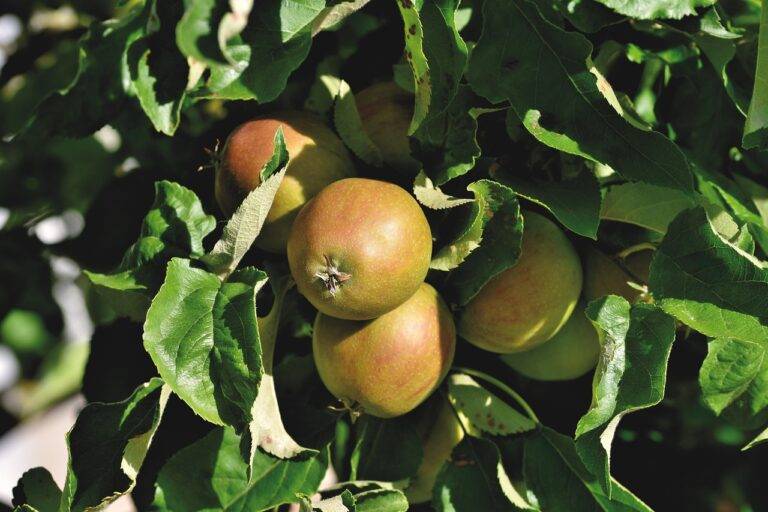The Rise of Food Cooperatives: Empowering Communities Through Collective Action
Food cooperatives offer a wide array of benefits to both consumers and producers. By sourcing products directly from local farmers and producers, food cooperatives ensure a transparent and sustainable supply chain. This not only guarantees the quality and freshness of the products but also supports the local economy by promoting small-scale agriculture. Additionally, members of food cooperatives often have access to organic and locally-grown products at more affordable prices compared to conventional grocery stores. This not only makes healthy and sustainable food options more accessible but also encourages community members to make environmentally and socially responsible choices when it comes to their food consumption.
History of Food Cooperatives
Food cooperatives have a rich history that dates back to the 19th century when they emerged as a response to social and economic injustices. These cooperative businesses were established by communities to ensure fair access to affordable and quality food. By pooling resources and sharing the responsibilities of running a grocery store, members of the cooperative were able to address food shortages and price gouging prevalent at the time.
Over the years, food cooperatives have played a key role in fostering community resilience and promoting sustainable practices in the food system. By prioritizing local sourcing and supporting small-scale farmers, cooperatives have helped build stronger connections between producers and consumers. Additionally, food cooperatives have been at the forefront of advocating for food justice and challenging the dominance of large corporations in the food industry.
• Food cooperatives emerged in the 19th century as a response to social and economic injustices
• Cooperative businesses were established by communities to ensure fair access to affordable and quality food
• Members pooled resources and shared responsibilities of running a grocery store to address food shortages and price gouging prevalent at the time
• Food cooperatives have played a key role in fostering community resilience and promoting sustainable practices in the food system
• Prioritizing local sourcing and supporting small-scale farmers has helped build stronger connections between producers and consumers
• Food cooperatives have advocated for food justice and challenged the dominance of large corporations in the food industry
How Food Cooperatives Empower Communities
Food cooperatives serve as a vital pillar of community empowerment by fostering cooperation and solidarity among members. As individuals come together to collectively support a common cause, they create a sense of shared ownership and responsibility that strengthens community ties. By working together to source, distribute, and sell affordable, high-quality products, food cooperatives empower communities to take control of their food systems.
Furthermore, food cooperatives offer a platform for grassroots organizing and advocacy, enabling communities to address broader social and economic issues. Through their democratic structure and commitment to sustainability, cooperatives provide a space for community members to participate in decision-making processes and shape their local food environment. This not only empowers individuals to have a voice in shaping their communities but also promotes a sense of agency and self-determination among participants.
What are some benefits of joining a food cooperative?
Some benefits of joining a food cooperative include access to fresh, locally sourced food, the opportunity to support small-scale farmers and producers, and the ability to participate in a community-driven organization.
When did food cooperatives first start and why?
Food cooperatives have been around since the early 19th century, with the first known cooperative store opening in Rochdale, England in 1844. They were started as a response to the exploitative practices of traditional food retailers and to provide affordable, quality food to community members.
How do food cooperatives empower communities?
Food cooperatives empower communities by promoting food security, supporting local farmers and producers, creating a sense of community ownership and involvement, and providing education on sustainable food practices.
Can anyone join a food cooperative?
Yes, most food cooperatives are open to anyone who is willing to support the cooperative’s mission and values. Some cooperatives may require a membership fee or volunteer commitment in exchange for access to the cooperative’s benefits.
How can I start a food cooperative in my community?
Starting a food cooperative in your community requires careful planning, community engagement, research on local food sources, and a dedicated group of individuals willing to invest time and effort into making the cooperative a success. It’s also important to seek guidance from existing food cooperatives and cooperative development organizations.







